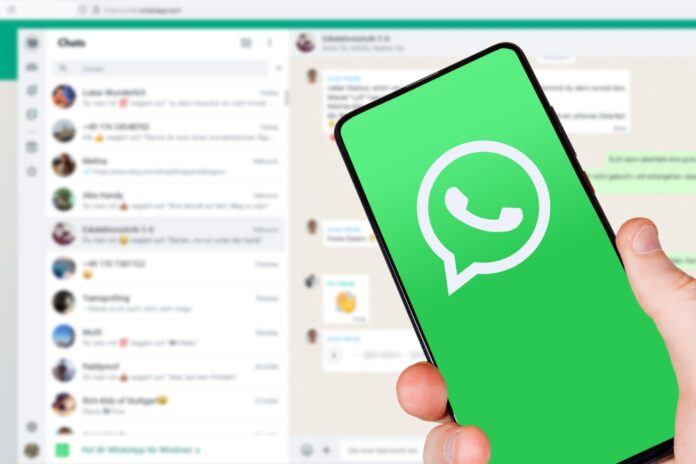Present on virtually every cell phone in Brazil, WhatsApp has established itself as a work tool for small and medium businesses across the country. The app is installed on 99% of cell phones in Brazil and has 147 million users, according to the study Digital 2024: Brazil.
For customer service channel experts, what was once just an informal means of contact has now taken on a strategic role: more and more companies are automating processes, organizing their operations, and selling directly through the app.
According to an Opinion Box report, 82% of Brazilians already use WhatsApp to communicate with businesses, and 60% say they have already made purchases through the app. It’s no surprise that the number of businesses using the business version—WhatsApp Business—has also grown: Brazil is one of the largest markets in the world for this solution. Around 70% of Brazilian businesses already use the app as part of their marketing, sales, and relationship strategies, according to the RD Station’s 2024 Marketing and Sales Panorama.
“Before, everything was manual. Now, I can talk to dozens of customers at the same time without leaving anyone waiting,” says Gabriel Sávio, director of a furniture store in Goiás. After automating customer service and sales via WhatsApp, he claims to have multiplied his revenue sixfold. “Organization and agility made all the difference.” He uses the Poli Digital customer service platform for his operations, a company also based in Goiás, which offers chatbots, automations, and CRM for customer support.
“The platform combined with automation can be a real sales engine for a company. There’s a big difference between handling an order and operating a smart, scalable, and efficient sales process,” says Alberto Filho, CEO of Poli Digital.
Cases like Gabriel’s are not isolated. A Meta (2023) survey interviewed 6,500 adults from 13 countries, including Brazil, and showed that 81% of Brazilians said they find it easier to message a business than to visit a website for contact, and 78% said they are more likely to complete a purchase when they can resolve everything there—from the first contact to payment.
Alessandra Bona from Burntech Caldeiras Equipamentos Industriais, also a Poli Digital client, mentions that the ability to reply to customers on the same screen, handling multiple channels at once, made daily operations much easier. “Having everything recorded in a pre-sales funnel (messages and calls) was a deciding factor.”
In addition to improving conversations, WhatsApp also boosts sales with integrated features. One of the most widely used is Click-to-WhatsApp, which turns Instagram and Facebook ads into direct conversations on the customer service platform. According to Meta, over 40% of Brazilian advertisers have already adopted this feature—a sign that WhatsApp has become a central point in the purchasing journey.
Another highlight is Poli Pay, a tool developed by Poli Digital that functions as an order management system directly through WhatsApp and Instagram. It allows businesses to send and receive payments directly in the chat, with an integrated product catalog and shopping cart. The feature has processed around R$ 7 million since its launch in 2020. The conversion rate achieved with Poli Pay was 46%, double the average of traditional e-commerce.
“In other words, with support and organization, we can grow even with a lean team. WhatsApp is the app that’s already in people’s pockets—it’s fast, direct, and convenient, a huge competitive advantage,” says Alessandra Bona.
Unlike robust solutions created for large enterprises, which are often expensive and difficult to implement, WhatsApp Business offers an accessible entry point for digital transformation for SMEs. “Automating customer service, keeping conversation records, training teams, and integrating direct payment in the chat. All of this is already possible and doesn’t require huge investments,” says Alberto Filho.


